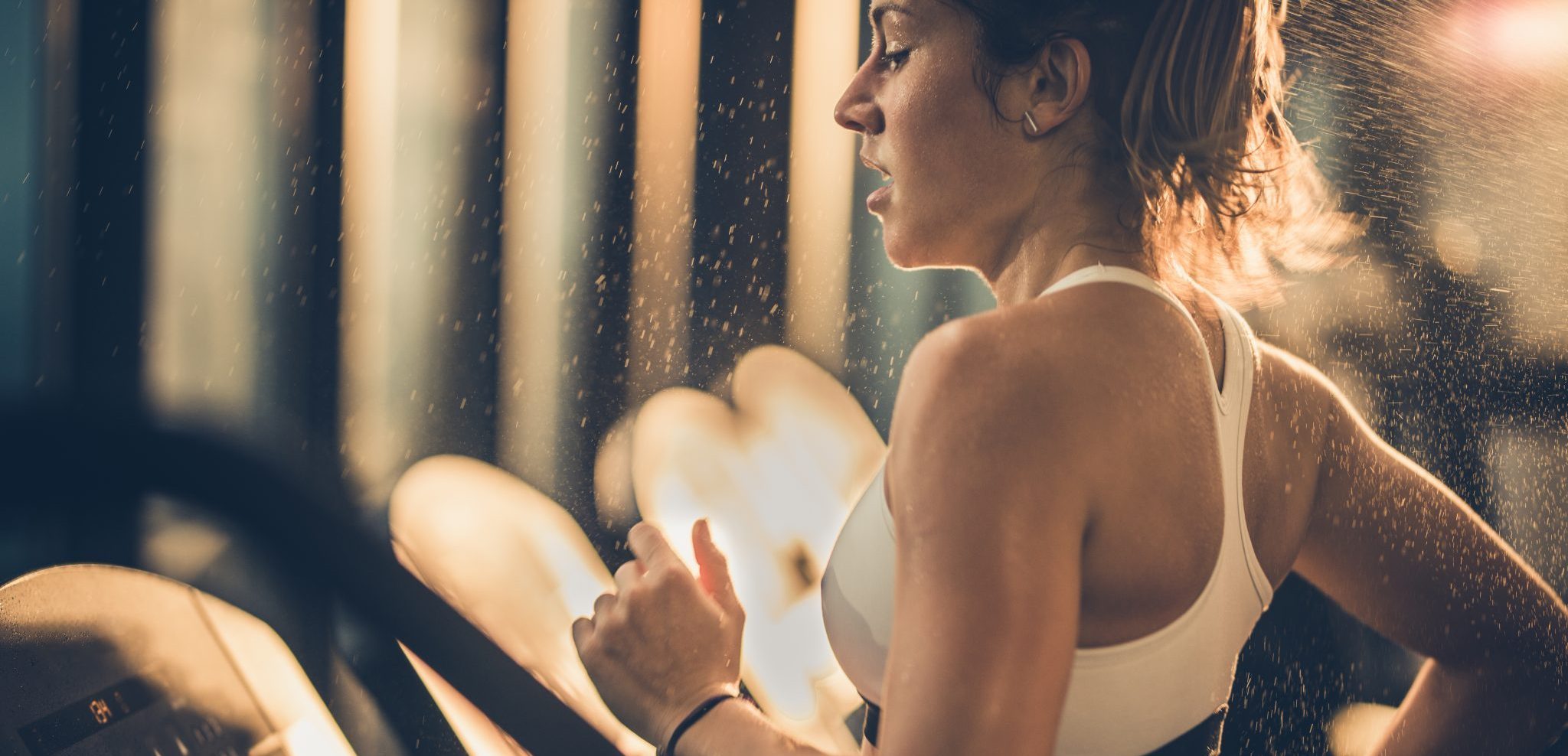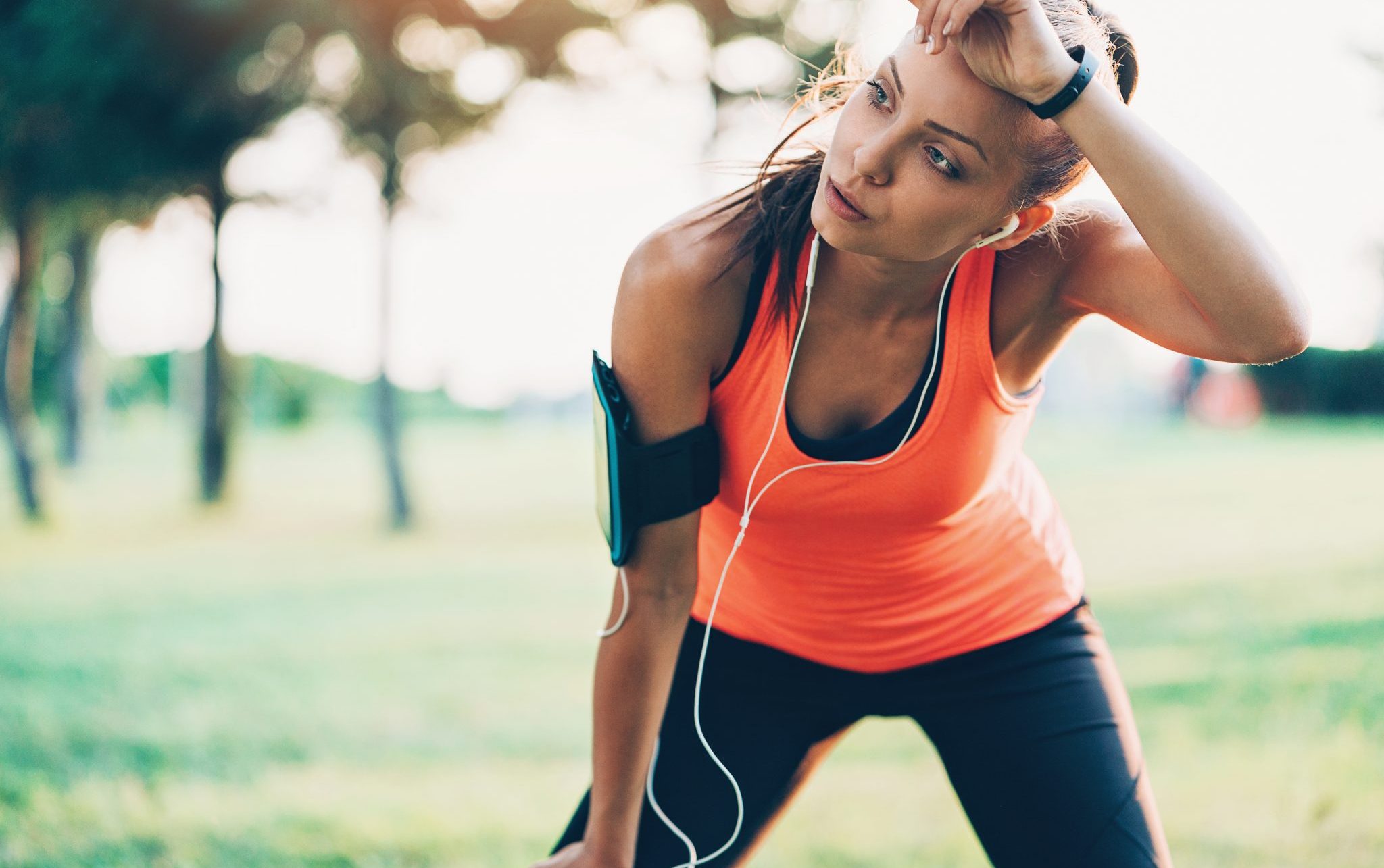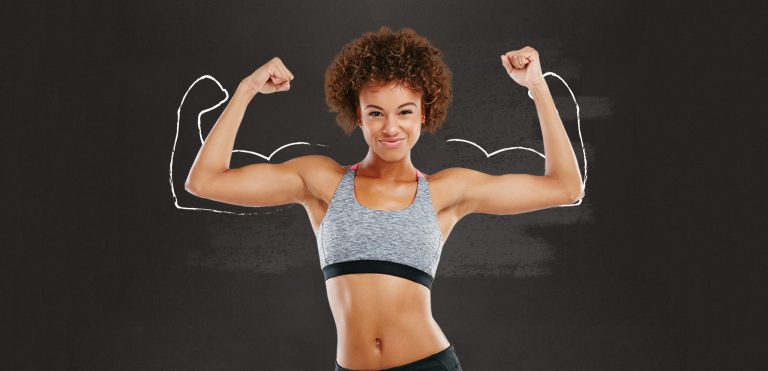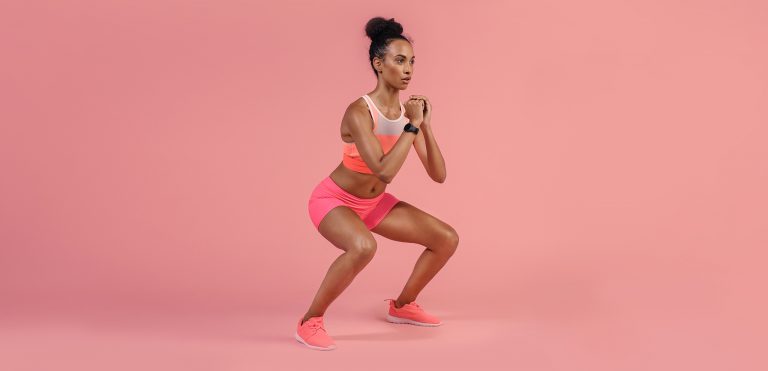Not breaking a sweat even if you’ve put in a good workout and you’re worried it might be something serious? Let’s discover more about hypohidrosis and why you might not be sweating during a workout.
What is hypohidrosis?
Hypohidrosis is a fancy medical term for lack of sweat, with hypo meaning low, and hidrosis referring to the level of saturation.
It’s one of those conditions that is exceptionally difficult to diagnose––everyone sweats differently, right? ––but can be an indicator of an underlying problem.
Other common symptoms that go alongside a lack of sweating also include:
- Dizziness or lightheadedness
- Overall weakness
- Muscle cramps
- A feeling of being too warm.
And these may indicate a cause for concern.
Why do I need to sweat?
Sweating is your body’s way of cooling down; dogs pant, lizards hide in the shade, and, we humans, we sweat it out.
Very often after or during a workout, you may be feeling that extra heat. This is usually part of the aerobic process wherein your body literally burns energy, making you feel hotter as your body temperature rises, but sometimes it’s just the climate of the gym.
Why don't I sweat when I exercise?
A touch of hypohidrosis isn’t necessarily a cause for concern; you may sweat less if you’re pretty fit to begin with, or it can be dependent on your age. But in some cases, not sweating when working out can be a sign of something more sinister.
Before we begin our run through of possible reasons you may be working out but not sweating, we’d like to remind you that if you have cause for concern, please contact your health care provider immediately. Your health is important.
Reason number 1: Skin conditions
As your sweat glands are closely connected with your skin, it’s no surprise that certain skin disorders can affect how much (or if) you sweat.
Normally, such issues fall into two types––skin damage, and skin disease.
In terms of skin damage, any of the following can affect how you sweat:
- Trauma
- Infection
- Inflammation
Additionally, skin disorders can also have an impact on your perspiration levels:
- Psoriasis
- Heat rash
- Scleroderma
Reason number 2: Nerve Damage
Your nerves form an essential part of your body’s reactionary functions. How else would it know what to do? So, if they are damaged this can disrupt the impulses, including the ones that control sweating.
But nerve problems don’t always originate from injury, sometimes it can be indicative of an underlying condition, so if you’re wondering “why don’t I sweat when I exercise,” your medical practitioner may look at the following factors:
- Diabetes
- Alcoholism
- Parkinson’s disease
- Multiple system atrophy
or the even rarer:
- Ross syndrome
- Fabry disease
- Horner syndrome
Reason number 3: Medication
Just as some medications can cause a drop in your body’s temperature, others can cause it to rise. Not sweating while working out can be due to the type of medication you are taking, in particular, anticholinergics (a type of neurotransmitter).
This type of medication is quite common and is frequently used to treat everything from urinary incontinence to chronic obstructive pulmonary disorder (COPD).
Reason number 4: Genetics
If you find yourself in a particularly unfortunate position, you might be one of the few with genetic causes of not sweating.
Even though the reasons of the lack of perspiration may be serious, sometimes they can be easily explained (but not always so easily treated) as part of an autoimmune disorder, or another type of illness that causes the sweat glands to malfunction.
Should I be worried?
Like the majority of readers, you’re probably wondering if this article applies to you and if you really should see a doctor about your lack of sweat. The answer on that one is ‘yes, absolutely,’ if you genuinely believe your perspiration levels aren’t normal, it may be time to get a medical opinion and find out for sure if your lack of sweat is luck or a cause for worry.




